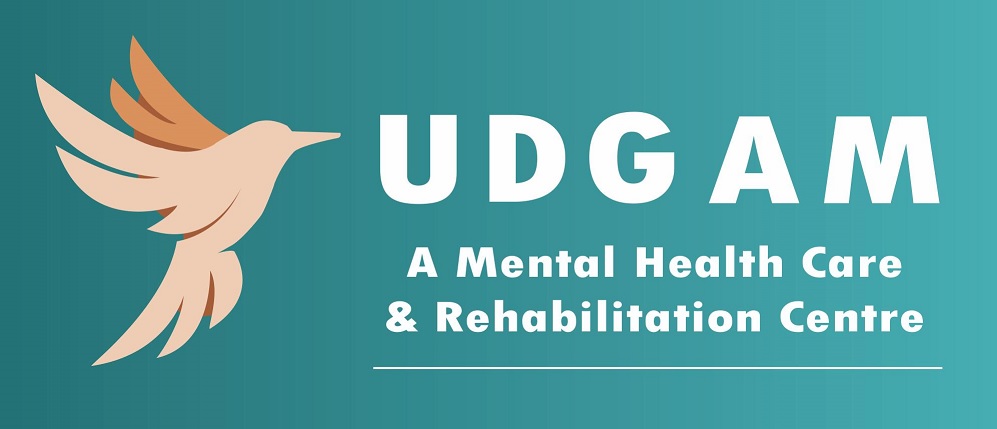Speech Therapist for Child
A speech therapist, also known as a speech-language pathologist (SLP), is a healthcare professional who specializes in diagnosing and treating speech and language disorders. These professionals work with individuals of all ages, from children to adults, to help them improve their communication abilities and overcome speech and language challenges.
Here are some key responsibilities and roles of a speech therapist:
Assessment: Speech therapists assess individuals to identify speech and language disorders, as well as other related issues such as voice disorders and fluency (stuttering) disorders. They conduct evaluations to determine the nature and severity of the communication problem.
Treatment Planning: Based on the assessment findings, speech therapists develop individualized treatment plans tailored to the specific needs and goals of each client. These plans outline the therapy techniques, goals, and strategies to address the communication challenges.
Therapy: Speech therapists provide therapy sessions to clients on a one-on-one or group basis. Therapy may include exercises and activities designed to improve speech articulation, language comprehension and expression, voice quality, fluency, and social communication skills.
Pediatric Speech Therapy: In the case of children, speech therapists often work with parents and caregivers to involve them in the therapy process. They provide guidance and strategies for parents to practice with their children at home.
Adult Speech Therapy: For adults, speech therapists may work with clients who have experienced strokes, traumatic brain injuries, neurological disorders, or other conditions that affect communication. They help clients regain speech and language abilities.
Accent Modification: Some speech therapists specialize in accent modification or accent reduction, helping individuals modify their accents to improve communication clarity and confidence.
7. Voice Therapy: Speech therapists work with clients who have voice disorders, such as vocal nodules or hoarseness, to improve vocal quality and vocal health.
8. Fluency Therapy: They assist individuals who stutter by providing techniques and strategies to enhance fluency and reduce stuttering.
9. Augmentative and Alternative Communication (AAC): Speech therapists may work with individuals who have severe communication impairments and require AAC devices or communication boards to assist them in expressing themselves.
10. Progress Monitoring: Throughout the therapy process, speech therapists continuously monitor their clients' progress and adjust treatment plans as needed.
11. Research and Continuing Education: Many speech therapists engage in research and pursue continuing education to stay current with advances in the field and refine their skills.

12. Collaboration: They often collaborate with other healthcare professionals, educators, and caregivers to ensure holistic and effective care for clients. This may include working with teachers in schools or coordinating with occupational therapists and physical therapists in healthcare settings.
Speech therapists play a vital role in improving the quality of life for individuals with speech and language challenges. They help people of all ages develop effective communication skills, overcome barriers to communication, and gain confidence in their ability to express themselves.
Enquiry :

